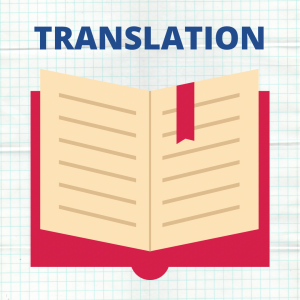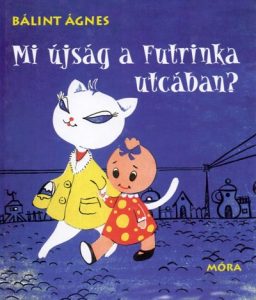Translation
 Reading helps make sense of the world around. Translating what we read into another language helped me more. Although I consider myself a technical translator and translator’s aid, this page wishes to share, through my sometimes rather pathetic attempts to translate poetry and prose, what I learned from Hungarian literature.
Reading helps make sense of the world around. Translating what we read into another language helped me more. Although I consider myself a technical translator and translator’s aid, this page wishes to share, through my sometimes rather pathetic attempts to translate poetry and prose, what I learned from Hungarian literature.
The latest:
Kafka’s Son, by Szilárd Borbély (2021) – excerpt
About Translation
The Unbearable Lightness of Translating: Szilárd Borbély’s Works in English. Europe Now, March, 2022
On the harmony of content and form:
The Great Secret, by Ferencz Kazinczy
Good’n well! In this reads the great device. If you don’t get it,
plow and sow, leave for others the sacrifice.
-Hungarian: Kazinczy Ferenc: A nagy titok (1808)
Playing with words, seriously:
With pure heart, by Attila József
Ain’t no daddy, ain’t no mom,
Ain’t no country, ain’t no God,
Ain’t no crib, or ain’t no lover,
Ain’t no kisses, ain’t no cover.
-Hungarian: József Attila: Tiszta szívvel (1925) – first stanza
[Don’t you rush it], by Attila József
Don’t you rush it,
Although others will profit,
Your work should be precise, aiming high,
As the stars move along in the sky,
The way it’s only worth it.
– Hungarian: József Attila: (Ne légy szeles…) (1935)
Bits and pieces
 [Mouse teasing cat]
[Mouse teasing cat]
You are stretched out on your pillow,
Like a sausage, pudgy and mellow.
– Hungarian: Mi újság a Futrinka utcában, by Ágnes Bálint
Translating the text of a commercial flashing in front of your eyes or the fragment of a dialog you just overheard will give a break to your stressed-out brain.
-Inspired by Kató Lomb, a 16-language interpreter and translator, author of Polyglot – How I Learn Languages